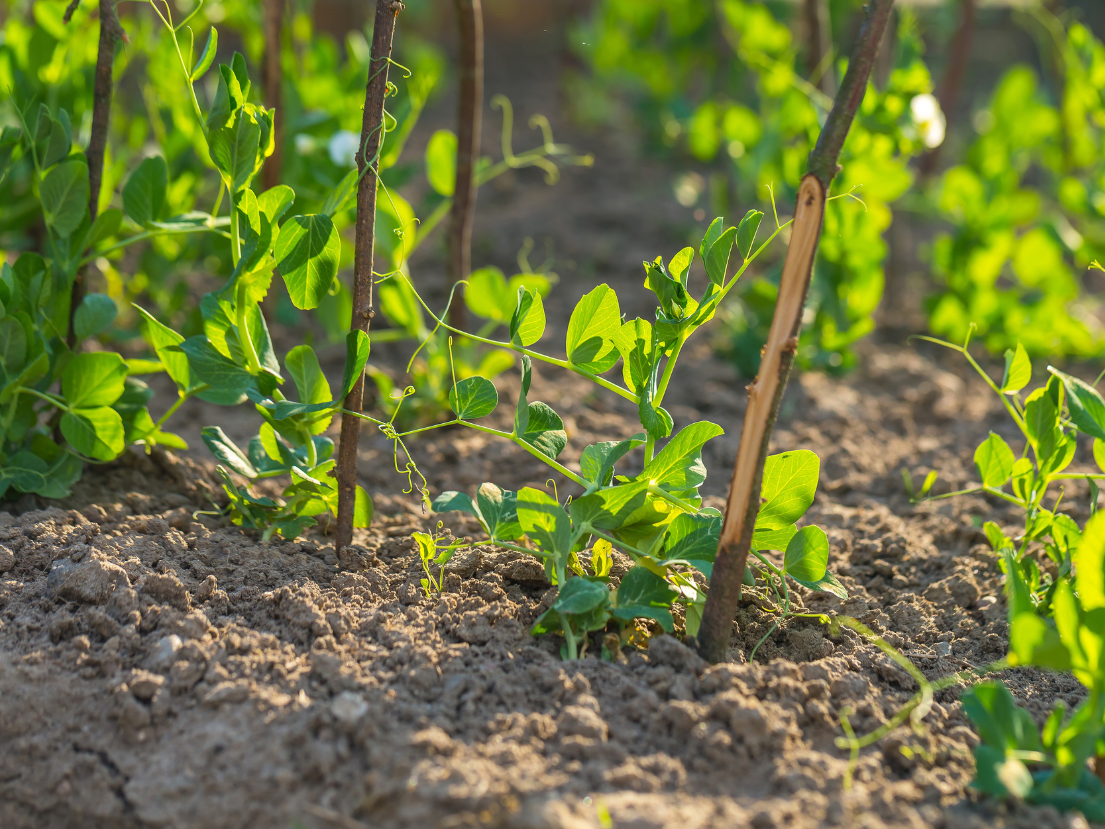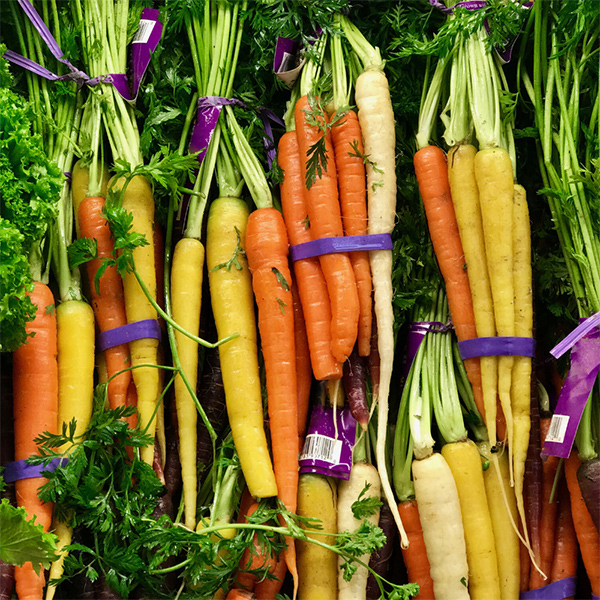
The Specialty Crop Block Grant Program (SCBGP) was first incorporated in the Farm Bill in 2008 to support specialty crop producers and consumers. Since then, SCBGP has been an important program for organic specialty crop producers, who have faced increasing market demand for decades. The 2018 Farm Bill reauthorized SCBGP at historic levels, with a mandatory $85 million available per year.
Last month, the U.S. Department of Agriculture’s (USDA) Agricultural Marketing Service (AMS) announced $72.9 million awarded to 55 states and territories through SCBGP. 18 of the awards that went to 15 state departments of agriculture include organic practices in their projects. The projects represent nearly $2 million in funding for specialty crop marketing, education, and research benefiting organic.
Arizona, Florida and Hawaii will all study organic-friendly methods for pest management in lettuce, celery and parsley, and brassica crops respectively. Angelic Organics Learning Center will increase access to specialty crops among underserved communities in Illinois. The Maine Organic Farmers and Gardeners Association will continue to host educational opportunities for specialty crop farmers. You can find the project titles for each program featuring organic below, and click here and search “organic” to browse the description of each award.
Organization |
Project Title |
|
Arizona Department of Agriculture |
Mobile Trap Crops for Organic Vegetable IPM |
| California Department of Food and Agriculture | Sharing Nutritional Benefits of California Prune and Plum Juices to Build Sales Among United States Families |
| Florida Department of Agriculture and Consumer Services | Management of a New Weevil Pest of Celery and Related Apiaceous Crops |
| Georgia Department of Agriculture | Chemical Constituents of Pine Bark for Nematode Control |
| Hawaii Department of Agriculture | Hawaii Integrated Pest Management Program for Diamondback Moth to Increase the Sustainability of Crucifer Crops |
| Illinois Department of Agriculture | Increasing Access to Specialty Crops Among Underserved Communities Through Culturally Appropriate Market and Educational Opportunities in Rockford |
| Louisiana Department of Agriculture and Forestry | Examine the Application of Organic Friendly Antimicrobial Agents Such as Propionic and Lactic Acid Against Microbial Risks on Specialty Crops |
| Maine Department of Agriculture, Conservation, and Forestry | MOFGA’s Maine Produce Safety Improvement and FSMA PSR Certification Project |
| Maine Department of Agriculture, Conservation, and Forestry | Meeting House Herb Farm Increasing Sustainability of Maine Farms with Herbs |
| Maryland Department of Agriculture | Educate Maryland Farmers How to Grow for Local Schools |
| Mississippi Department of Agriculture and Commerce | Evaluation of Sweet Potato Practices on Nutritional Quality During Long-Term Storage |
| Mississippi Department of Agriculture and Commerce | Containerized Organic Production of Turmeric in Mississippi |
| Montana Department of Agriculture | Control of Soilborne Disease Using Beneficial Bacteria for Organic Pea Growers |
| Montana Department of Agriculture | Exploring Intercropping and Essential Oils to Control Fusarium Root Rot of Pea |
| Pennsylvania Department of Agriculture | Weed Management Strategies for Organic High-Density Apple Orchards |
| Tennessee Department of Agriculture | Pick TN Conference Attendee Scholarships, AV Costs and Speakers |
| Texas Department of Agriculture | Boosting Organic Leafy Green Production Using Summer-Adapted Cover Crops in Texas |
| Vermont Agency of Agriculture | The Changing Landscape of Allium Pest Management on Vermont Diversified Vegetable Farms |
By Laura Holm, Legislative and Farm Policy Associate










